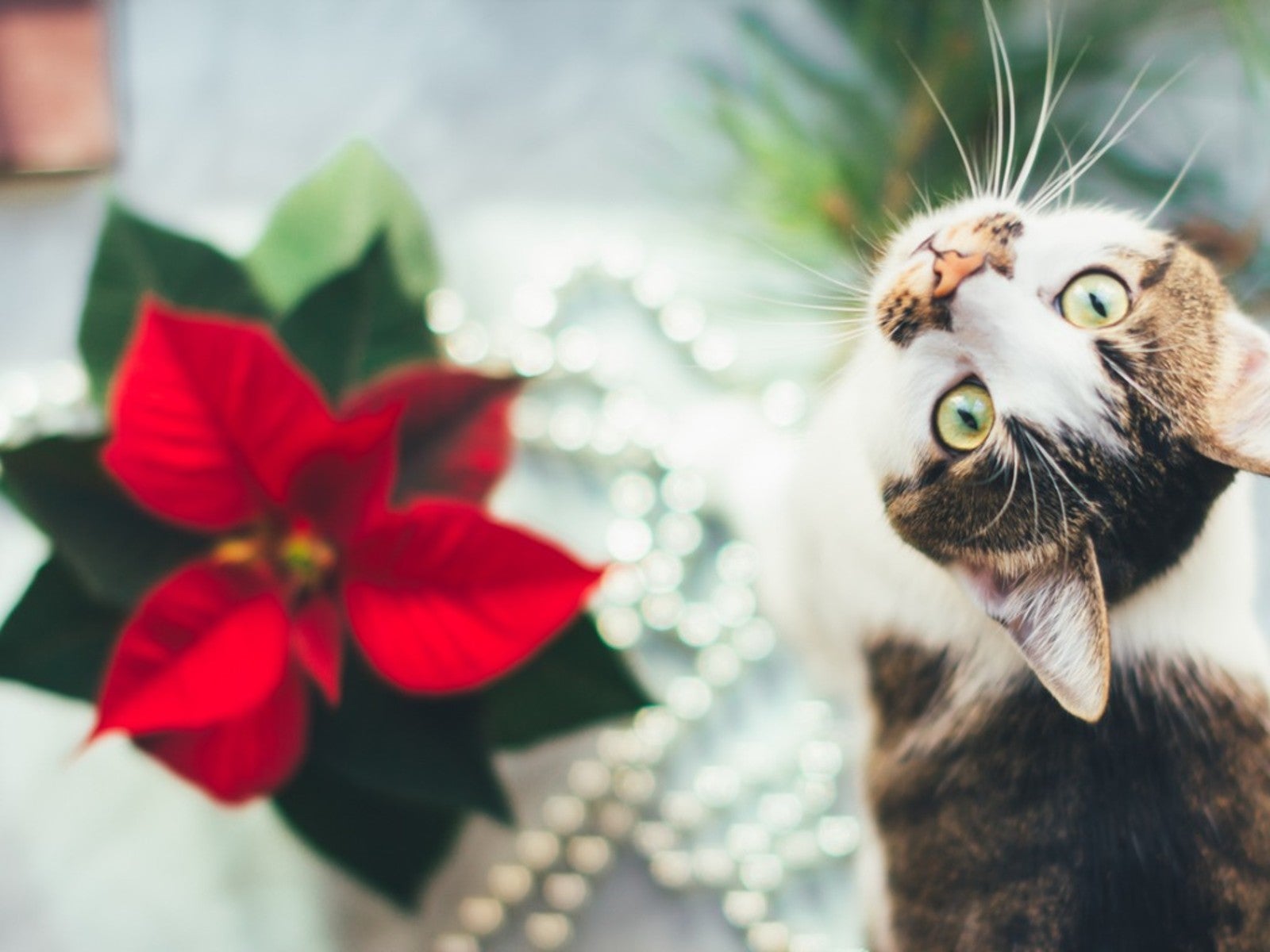Toxicity Of Poinsettias: Are Poinsettia Plants Poisonous
You may be unsure if poinsettia plants are poisonous. It might upset the stomachs of pets or kids, but it's not poisonous - just a bit toxic.


Poinsettia Plant Toxicity - What Part Of Poinsettia Is Poisonous
Are poinsettia plants poisonous? If so, exactly what part of poinsettia is poisonous? It’s time to separate fact from fiction and get the scoop on this popular holiday plant.
Poinsettia Plant Toxicity
Here’s the real truth about the toxicity of poinsettias: You can relax and keep up your poinsettia care, even if you have pets or young children. Although the plants aren’t for eating and they might cause an unpleasant upset tummy, it has been proven time and time again that poinsettias are NOT poisonous.
According to University of Illinois Extension, rumors regarding the toxicity of poinsettias have circulated for nearly 80 years, long before the advent of the Internet rumor mills.
The University of Illinois Extension’s website reports the results of studies conducted by a number of reliable sources, including UI’s Department of Entomology.
The findings? Test subjects (rats) displayed absolutely no adverse effects – no symptoms or behavioral changes, even when they were fed large amounts of various parts of the plant. The United States Consumer Product Safety commission agrees with UI’s findings, and if that’s not proof enough, a study by the American Journal of Emergency Medicine reported no fatalities in more than 22,000 accidental ingestions of poinsettia plants, nearly all of which involved young children.
Similarly, Web MD notes that “There haven’t been any deaths reported due to eating poinsettia leaves.”
Not Toxic, But…
Now that we’ve dispelled the myths and established the truth about poinsettia plant toxicity, there are a couple of things to keep in mind.
Sign up for the Gardening Know How newsletter today and receive a free copy of our e-book "How to Grow Delicious Tomatoes".
While the plant isn’t considered toxic, it still shouldn’t be eaten and large amounts may cause stomach upset to dogs and cats, according to the Pet Poison Hotline.
Also, the fibrous leaves may present a choking danger in young children or small pets. Lastly, the plant exudes a milky sap, which may cause redness, swelling and itching in some people.

A Credentialed Garden Writer, Mary H. Dyer was with Gardening Know How in the very beginning, publishing articles as early as 2007.